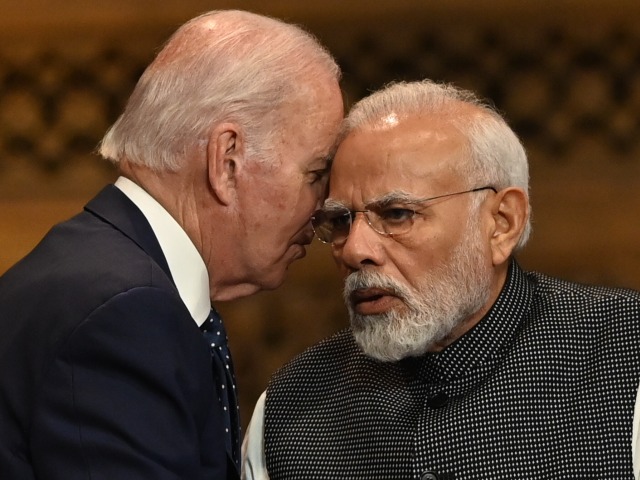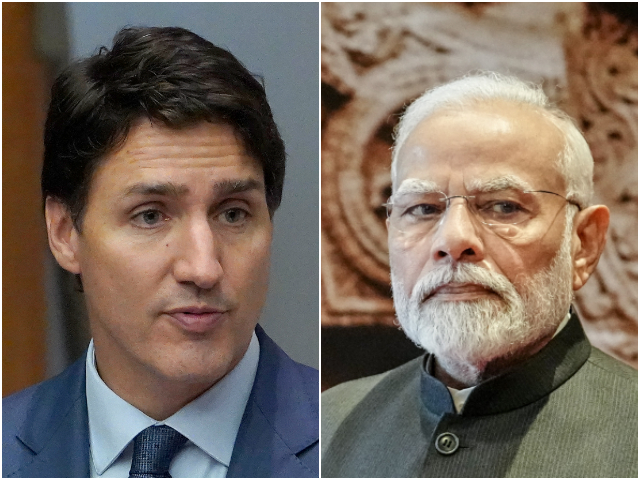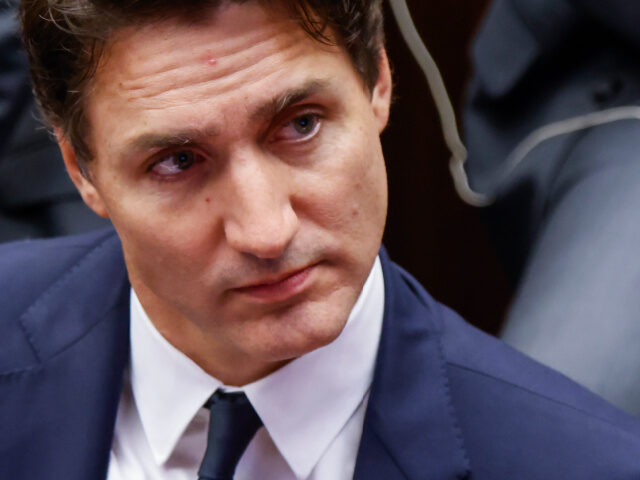Canadian Prime Minister Justin Trudeau on Thursday declined to publicize the evidence for his allegations of murder against the Indian government, but he said the evidence was copious and called on India to cooperate with the investigation into Sikh separatist leader Hardeep Singh Nijjar’s death.
On Thursday, as the feud between Canada and India escalated, Trudeau said:
There is no question that India is a country of growing importance, and a country that we need to continue to work with. We’re not looking to provoke or cause problems. But we are unequivocal around the importance of the rule of law and unequivocal about the importance of protecting Canadians and standing up for our values.
“We call upon the government of India to work with us to take seriously these allegations and to allow justice to follow its course,” he said.
“I can assure you the decision to share these allegations on the floor of the House of Commons Monday morning was not done lightly,” Trudeau told reporters. He declined to discuss the evidence that was presented to him because he said it could interfere with the Royal Canadian Mounted Police (RCMP) investigation of Nijjar’s killing by masked gunmen in June.
“As I said on Monday, there are credible reasons to believe that agents of the Govt of India were involved in the killing of a Canadian on Canadian soil, which is something of utmost and foundational importance in the country of rule of law, in a world where international rules-based order matters,” Trudeau said:
Sources within the Canadian government told CBC News on Thursday that Canada developed both “human and signals intelligence” about India’s alleged involvement in the Nijjar murder, including “communications involving Indian officials themselves, including Indian diplomats present in Canada.”
“The intelligence did not come solely from Canada. Some was provided by an unnamed ally in the Five Eyes intelligence alliance,” CBC said.
Canadian Deputy Prime Minister Chrystia Freeland seemingly confirmed this detail when she said the evidence against India could not be divulged without exposing “intelligence conversations” with Five Eyes partners that were “held in confidence.”
According to CBC’s sources, no Indian official has denied the Nijjar allegations in private conversations. In public, the Indian government has dismissed Trudeau’s accusations as “absurd.”
The Financial Times (FT) reported on Thursday that several leaders from the Five Eyes intelligence alliance expressed their concerns about the Nijjar case to Indian Prime Minister Narendra Modi during the G20 summit in New Delhi, including U.S. President Joe Biden.

President of the United States of America Joe Biden (L) engages in a conversation with Prime Minister of India Narendra Damodardas Modi (Photo by Prasetyo Utomo / Antara Photo / Pool / Handout/Anadolu Agency via Getty Images).
Besides Canada and the U.S., the other Five Eyes members are the U.K., Australia, and New Zealand.
Australian Foreign Minister Penny Wong told reporters on the sidelines of the U.N. General Assembly in New York on Wednesday that her government had “raised our concerns” with India, but she did not say which officials expressed those concerns to India, or when.
The White House has apparently grown very sensitive to questions about why it said nothing about the Nijjar case until Trudeau leveled his explosive public allegations on Tuesday.
FT said:
U.S. officials have strenuously denied that Washington was quiet on the issue to avoid antagonizing India. The White House said it was ‘deeply concerned’ after Trudeau made the claims. One person familiar with the thinking inside the administration said Washington concluded it would have been inappropriate to weigh in publicly before the announcement because of possible legal implications for the Canadian investigation.
India’s Foreign Ministry retaliated on Thursday with a statement that accused Canada of providing a “safe haven” for terrorists and “anti-India activities.”
“If we’re talking about reputational damage, if there is one country that needs to look at this, I think it is Canada and its growing reputation as a safe haven for terrorists, for extremists and for organized crime,” Ministry of External Affairs spokesman Arindam Bagchi said.
“I think that’s the country that needs to worry about its international reputation,” he snarked.
Bagchi said that India suspended Visa operations in Canada on Thursday because of undisclosed “security threats.” He said Canada should address India’s “very significant concerns about terrorism, about security of diplomats, of the Indian community and the overall anti-India activities that are being … given a safe haven in Canada.”

Canadian Prime Minister Justin Trudeau (L) and Indian Prime Minister Narendra Modi (R) (John Lamparski/Getty; Kay Nietfeld/picture alliance via Getty)
“Let me clarify: No specific information has been shared by Canada on this case, either then or before or after. We conveyed this to the Canadian side and made it clear to them that we are willing to look at specific information that is provided to us,” Bagchi said.

COMMENTS
Please let us know if you're having issues with commenting.